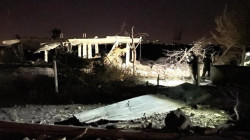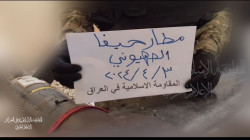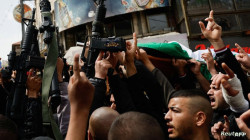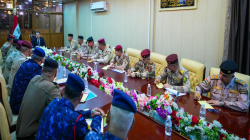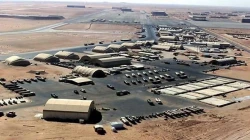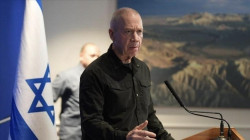Iran-backed Iraqi factions signal escalation and unity following Israeli strikes on Iran
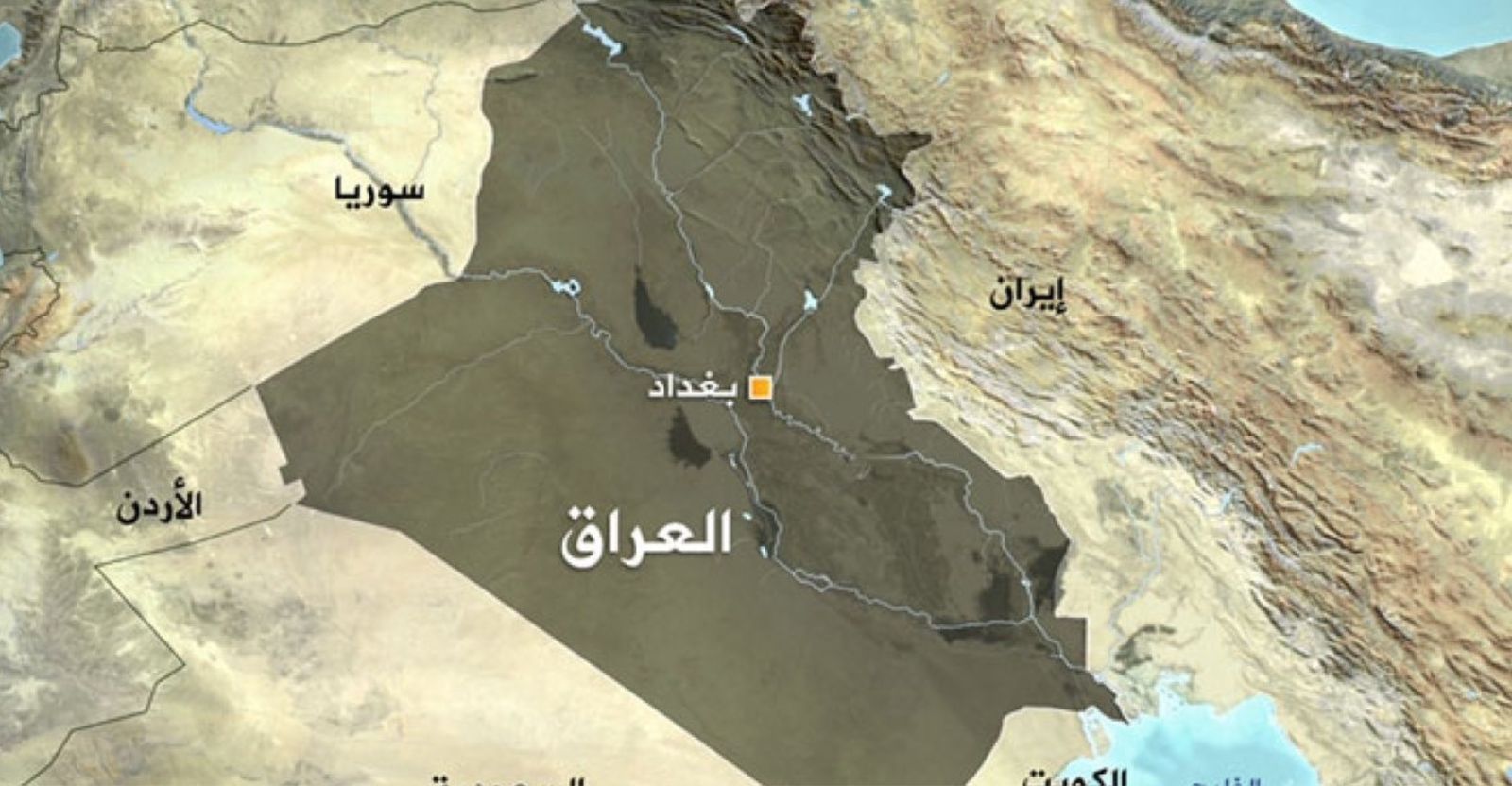
Shafaq News/ The unprecedented Israeli airstrikes deep into Iranian territory have triggered a wave of forceful reactions from Iran-aligned factions in Iraq, with statements from Kataib Hezbollah, Asaib Ahl al-Haq, Harakat al-Nujaba, and Kataib Sayyid al-Shuhada reflecting a dramatic convergence of rhetoric, strategic intent, and a reaffirmation of what Tehran has long described as the "Unity of Fronts"—a coordinated regional Axis of Resistance against Israel and US presence.
Blaming the United States
Across all statements, a consistent accusation is leveled against the United States: facilitating the Israeli air campaign by allowing Israeli aircraft to violate Iraqi airspace. Kataib Hezbollah was the most direct, accusing US President Donald Trump of granting authorization for the strikes and stating that US forces in Iraq “paved the way” for Israeli jets to commit acts of aggression against the Islamic Republic.
Similarly, Harakat al-Nujaba’s Secretary-General Akram al-Kaabi described the operation as a “flagrant violation of Iraqi sovereignty” coordinated with the “American occupier”, renewing the demand for the complete expulsion of US troops from all Iraqi land and airspace.
These accusations mark a significant escalation in tone—no longer portraying US forces as mere remnants of occupation but as active enablers of regional destabilization.
The Unity of Fronts
What was once rhetorical solidarity with Iran, Lebanon, and Palestine has now been rearticulated into a vision of strategic coordination. Asaib Ahl al-Haq’s call for “resistance fighters to remain on alert” and Kataib Sayyid al-Shuhada’s warning that “Iraq will not be spared” signal an emerging operational posture based on shared fate.
While these factions stop short of declaring immediate military retaliation, the language suggests that they now view Israeli aggression on Iran as a direct threat to Iraq and the Axis at large. This is the clearest indication yet that the Iranian concept of a "Unity of Fronts"—where allied groups in Iraq, Syria, Lebanon, and Yemen act in concert—may be shifting from deterrent theory to practice.
Harakat al-Nujaba underscored this narrative by highlighting Iran’s past support for Iraq in its fight against ISIS, and asserting that standing with Iran is a natural extension of that legacy. In their words, Iran “stood alone” with Iraq, Palestine, and Lebanon, while the Arab world and the West sided with extremists or remained indifferent.
Pressuring the Iraqi Government
Nearly all factions addressed Prime Minister Mohammed Shia al-Sudani directly or indirectly, urging him to resist American pressure and prevent further violations of Iraqi airspace. Asaib Ahl al-Haq demanded that Iraq acquire air defense systems and stop relying on US-controlled aerial oversight, implying that Washington is obstructing Iraq’s right to self-defense.
These calls reflect growing impatience with what these groups perceive as Baghdad’s passive stance on sovereignty and foreign military presence. They are laying down a test: either the Iraqi government asserts full control over its skies and foreign policy, or the factions will continue to operate independently under the umbrella of the Axis.
This narrative also seeks to preempt US efforts to keep the Iraqi government aligned with Western strategic priorities, particularly in preventing Iraq from becoming a launchpad or corridor for operations against Iran.
Rhetoric of Retaliation
Notably, none of the factions announced immediate retaliatory action. Kataib Sayyid al-Shuhada’s spokesperson stated that the group is “monitoring developments” and will act in accordance with Iraq’s national interest. This suggests a shift toward strategic patience and coordination with Tehran—likely in anticipation of Iran's broader response to the Israeli attack.
However, the rhetorical groundwork is being laid: the Israeli strikes are cast as “barbaric,” “criminal,” and “beyond red lines,” with several groups warning that such acts “will not go unpunished.” The careful phrasing keeps military options open while signaling to Iran that Iraq’s factions remain committed allies in what they see as a shared existential struggle.
Expanding the Conflict's Political Horizon
Perhaps the most consequential aspect of these statements is their attempt to redefine the Israeli-Iranian confrontation as a regional war with implications for every member of the Axis. By invoking Palestine, Lebanon, Syria, and the anti-ISIS war, these groups are broadening the context, positioning themselves not as proxies, but as partners in a geopolitical alliance rooted in resistance.
They are also reframing the narrative for domestic Iraqi audiences: this is not just about Iran, but about Iraqi sovereignty, dignity, and self-determination in the face of what they label foreign aggression and betrayal.
A Precursor to Coordinated Action?
While the immediate goal is pressuring the Iraqi government to evict US forces, the deeper message is one of transnational unity: the Axis of Resistance views an attack on Iran as an attack on the entire front.
As Iran prepares its retaliation, the responses from Iraqi factions suggest that any future escalation may not be confined to Iranian soil. Whether militarily, politically, or rhetorically, the stage is being set for a more coordinated regional posture—and potentially, a broader confrontation.
